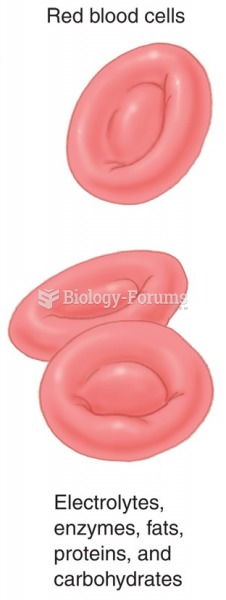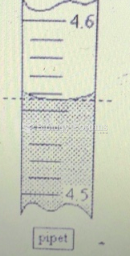|
|
|
Blood is approximately twice as thick as water because of the cells and other components found in it.
Never take aspirin without food because it is likely to irritate your stomach. Never give aspirin to children under age 12. Overdoses of aspirin have the potential to cause deafness.
There used to be a metric calendar, as well as metric clocks. The metric calendar, or "French Republican Calendar" divided the year into 12 months, but each month was divided into three 10-day weeks. Each day had 10 decimal hours. Each hour had 100 decimal minutes. Due to lack of popularity, the metric clocks and calendars were ended in 1795, three years after they had been first marketed.
Nearly 31 million adults in America have a total cholesterol level that is more than 240 mg per dL.
Green tea is able to stop the scent of garlic or onion from causing bad breath.







